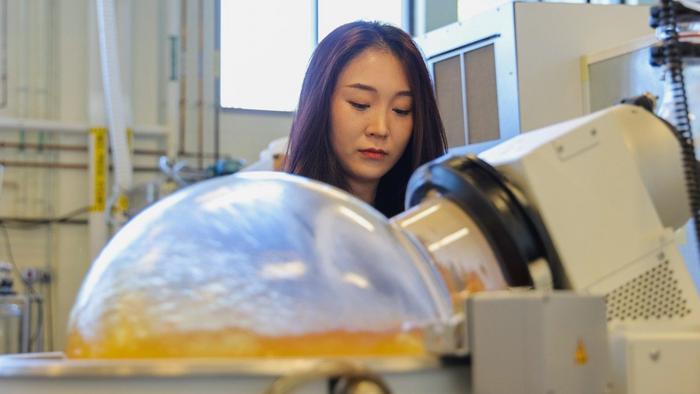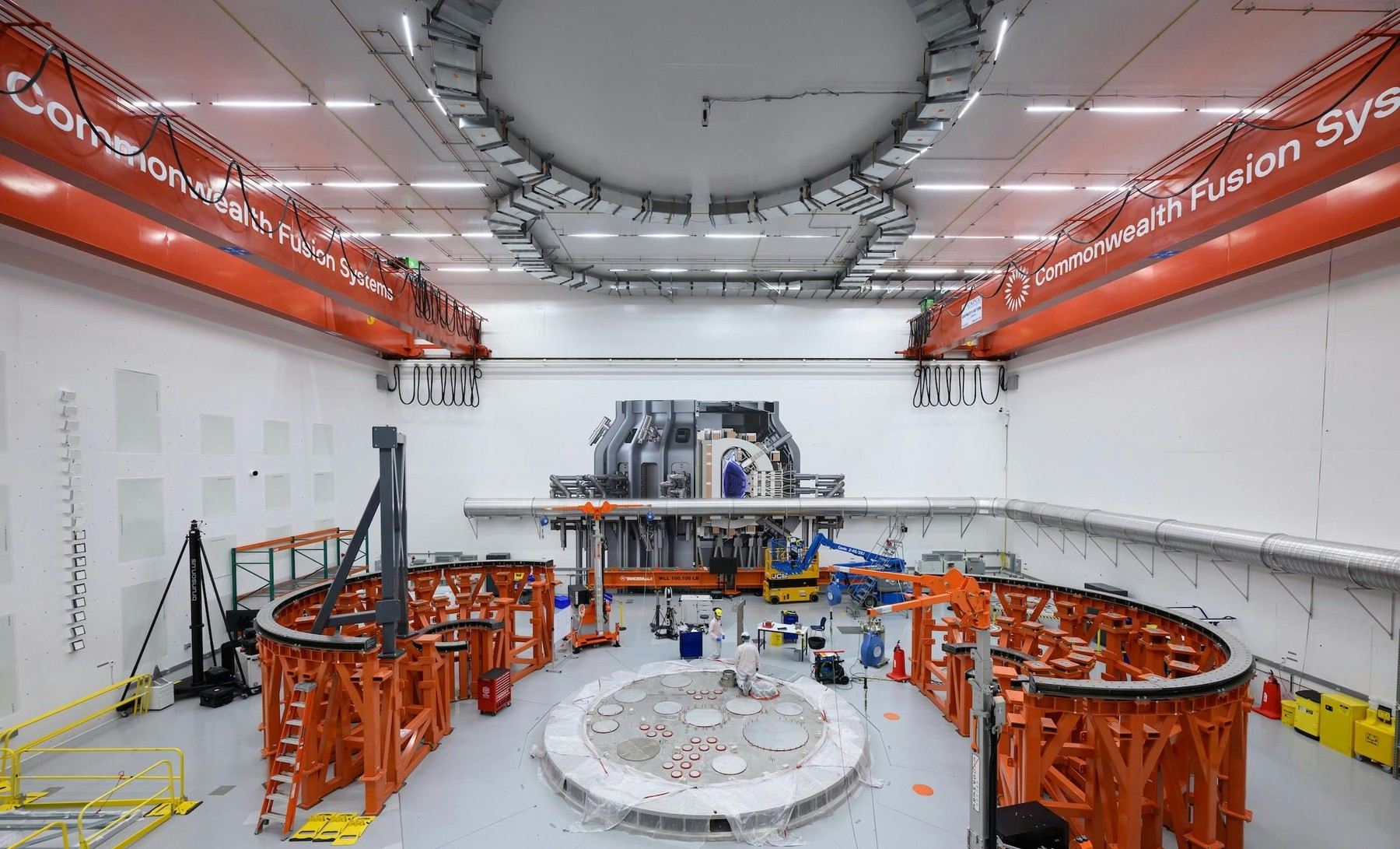Effective waste management technology plays a crucial role in climate action and the advancement of climate tech. By efficiently managing waste, such technologies help reduce greenhouse gas emissions through better recycling practices, waste-to-energy systems, and methane capture from landfills. These innovations not only mitigate environmental impacts but also promote resource conservation and circular economy principles. This article below discusses highlights from waste management related research by researchers at University of Illinois College of Agricultural, Consumer and Environmental Sciences, Virginia Tech and ETH Zurich.
Research: Researchers at University of Illinois College of Agricultural, Consumer and Environmental Sciences find Wastewater is a viable medium for growing lettuce in hydroponic systems.

Image Credit: University of Illinois College of Agricultural, Consumer and Environmental Sciences
- Circular Ecosystem: The study explores using aquaponics wastewater, rich in nutrients from fish waste, as a growth medium for lettuce in hydroponic systems. This approach aims to create a circular ecosystem by recycling organic waste for food production.
- Hydrothermal Liquefaction (HTL): Researchers tested the addition of HTL-AP, a nutrient-rich wastewater from hydrothermal liquefaction of biomass, to aquaponics wastewater. They aimed to enhance nutrient availability for plant growth, potentially reducing reliance on traditional fertilizers.
- Experimental Setup: The study involved testing different concentrations of HTL-AP mixed with aquaponic wastewater to determine their effect on lettuce seed germination and growth. Concentrations ranged from 1% to 10% HTL-AP.
- Research Findings: They found that solutions containing up to 8% HTL-AP supported lettuce seed germination, suggesting the viability of using HTL-AP in hydroponic systems. This concentration was higher than previously demonstrated.
- Future Directions: While initial results show promise, further research is needed to optimize nutrient combinations for hydroponic crop production and address potential contaminants like heavy metals in wastewater that could affect food safety.
Research: Virginia Tech researchers are working to create biodegradable bioplastics from food waste.

Image Credit: Virginia Tech

- Environmental Impact: Researchers aim to address plastic pollution by creating bioplastics from food waste that naturally decompose, reducing greenhouse gas emissions and economic losses associated with food waste.
- Marine Pollution: Bioplastics developed at Virginia Tech biodegrade quickly in seawater, potentially mitigating the impact of marine pollution caused by traditional plastics, including microplastics affecting marine species.
- Bioprocessing Innovation: The project pioneers a modular bioprocessing system to convert food waste into bioplastics using microorganisms. This method, similar to fermentation in microbreweries, produces bioplastics that are compostable, further enhancing environmental sustainability.
- Scalability and Feasibility: The research aims to demonstrate the feasibility and scalability of their bioprocessing system on both national and global levels, promoting widespread adoption of environmentally sustainable plastics.
- Applications and Products: Biodegradable bioplastics created include home compostable packaging, potentially replacing traditional plastics coated with non-degradable materials like polyethylene or polyactic acid. This innovation could lead to more sustainable packaging solutions globally.
- Educational Impact: The project involves collaboration with undergraduate and graduate students, providing valuable research opportunities in sustainable materials and fostering future innovations in bioplastics.
- Funding and Support: The research is supported by a $2.4 million grant from the U.S. Department of Agriculture, highlighting its significance in advancing sustainable agriculture and waste management practices.
Research: Researchers at ETH Zurich have developed a novel method using tetrathiometallates to efficiently separate and recover europium from complex mixtures.

Image Credit: ETH Zurich
- Importance and Dependency: Rare earth metals are crucial for digital technologies and renewable energy, yet Europe heavily relies on imports from China due to limited local production capabilities.
- Extraction Challenges: Traditional methods for extracting rare earth metals are complex, energy-intensive, environmentally harmful, and costly due to the chemical similarities among these elements.
- Recycling Opportunity: Rare earth metals are rarely recycled in Europe, prompting the need for sustainable methods to recover these materials from various sources, including electronic waste.
- Innovative Separation Method: Researchers at ETH Zurich developed a novel method using tetrathiometallates to efficiently separate and recover europium from complex mixtures, offering a simpler and more effective alternative to existing techniques.
- Environmental Impact: Recycling rare earth metals from electronic waste not only reduces dependency on imports but also minimises environmental impact compared to conventional extraction from mineral ores.
- Commercialization Efforts: The technology has been patented, and a startup named REEcover is being established to commercialise the process. Future efforts aim to adapt the method for other rare earth metals like neodymium and dysprosium, which are crucial for magnets.
Startup Spotlight: Startups Developing Waste Management Solutions
- RiverRidge
- Bin-e
- Resourcify
- Sensoneo
- ecoATM
- Ecube Labs
- ReCollect
- RecycleSmart
- Wastebits
- RecyGlo
SOURCE: EurekAlert!








